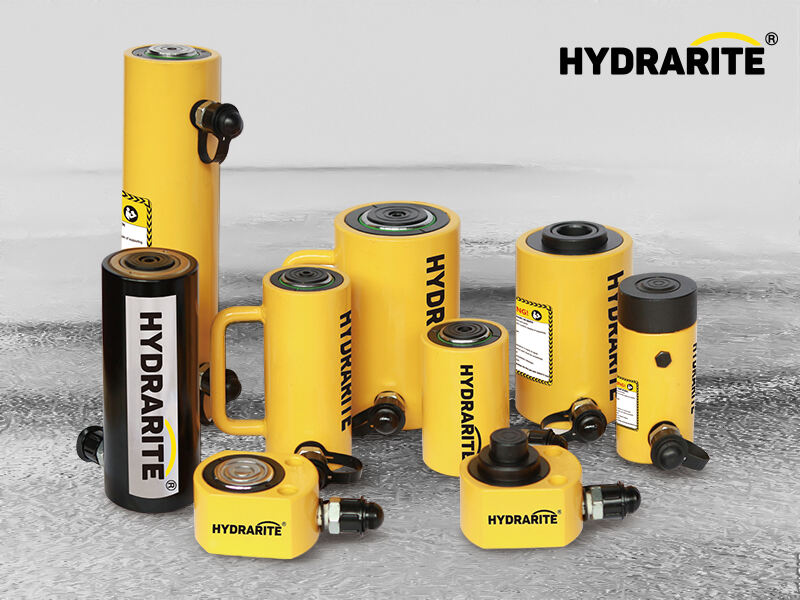Potreba pokročilých hydraulických valcov je v dnešnom svete vyššia ako kedykoľvek predtým. Tieto komponenty umožňujú hladké fungovanie rôznych odvetví, ako sú stavebníctvo a výroba. Tento blog sa snaží analyzovať pokrok technológie v oblasti hydraulických valcov a prečo sú dôležité v dnešných priemyselných prostrediah.
Stavanie budov, ťažké zdvihy a presné pohyby strojov sú možnéď kŕíde na prevod hydraulickej energie do mechanickej energie, čo vykonávajú hydraulické valce. Aktivity rôznych odvetví sa menia, a tak sa menia aj technológie, ktoré ich ďalej podporujú. Inovácie v inžinierskom konštruoovaní a materiálovej vede viedli k výrobe ľahkých a trvanlivých hydraulických valcov, ktoré môžu fungovať v extrémnych podmienkach a zvyšujú výkonnosť pásu, čím predĺžia operačný život hydraulických valcov v strojoch.
Inteligentná integrácia IoT (Internet vecí) do technológie hydraulických valcov tvorí nový trend. IoT podporované inteligentné hydraulické valce majú senzory nainštalované v nich a sú schopné poskytovať aktuálne informácie o výkone, ako sú teplota, tlak a operačná účinnosť. Používatelia teraz môžu riadiť svoje hydraulické systémy na vzdialené, čo zabezpečuje okamžitú intervenciu a kontrolu výkonu, ktorá je ďalej zlepšená prediktívnymi funkciami údržby.
Trend ekologickej príznosti v použití materiálov a v konštrukcii hydraulických systémov je rovnako dôležitým krokom. Transformácia štandardných a environmentálnych politík sa stáva čoraz viac osvetlenými politikami, výrobcovia sa zaoberajú hydraulickými kapalinami, ktoré sú biodegradovateľné, a materiálmi na výrobu valcov, ktoré sú recyklovateľné. Je to ďalšia výhoda pri pokuse o zníženie znečistenia, ale pomáha aj vylepšiť si imidž spoločnosti, ktorý má väčšina odvetví dnes.
S nedávnymi postupmi a aplikáciami robotov vybavených umelej inteligenciou sa funkcie hydraulických valcov stávajú čoraz komplexnejšími. Moderné výrobné procesy vyžadujú presnú kontrolu a prispôsobiteľnosť, ktorú musia poskytnúť Pokročilé systémy, ktoré navyše musia byť automatizované. Vyššia produkcia kombinovaná so spojitými operáciami a nižšími nákladmi na prácu je výsledkom lepšej integrácie automatizovaných systémov s hydraulickými valcami.
Nesporné je, že inovácia a potreba efektívnosti budú ťahať moderné priemyselné odvetvia k prispôsobeniu nových konceptov. Spolu so značným potenciálom poskytujú ďalšie vývojové fázy týchto komponentov metódy na modernizáciu, zvýšenie výkonnosti a ekologickú účinnosť. Spoločnosti, ktoré prvé pristúpia k týmto novým zmenám, zlepšia svoju operačnú efektívnosť a zostanú pred intensívnou súťažou.


